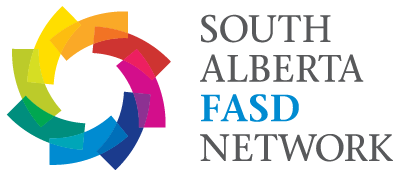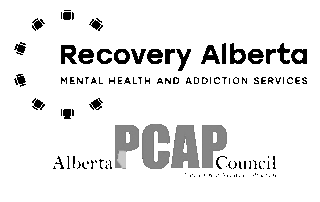
Martina Faitakis was a recipient of the Student Travel Award for the Canada FASD Conference 2023.
Martina is originally from Edmonton, where she completed her undergrad degree at MacEwan University. After that, she moved to Halifax where she completed a Masters in Applied Forensic Psychology. In 2021, she moved to Guelph to complete a second Masters in Clinical Child and Adolescent Psychology under the supervision of Dr. Kaitlyn McLachlan and now she is currently a first year PhD student.
During her Masters, she became involved in an ongoing CanFASD project in collaboration with the University of Alberta and the Kids Brain Health Network around understanding and advancing assessment practices for FASD with the goal to develop a ‘Compass’ tool that will be available for clinicians to use in diagnostic settings. Their research team presented an update on this project at the Canada FASD Conference.
In this interview, she gives her first-hand experiences of attending the conference and sharing her research.
Why did you come to the Canada FASD Conference?
There were many reasons to attend the Canada FASD conference! This was my first ever FASD conference and so it was so great to meet so many attendees passionate about FASD both working clinically and in a research capacity. I came to the conference to learn, share and to meet and network with other people passionate about FASD.
How did this award help you attend the conference?
As a student, finances can be tight for attending conferences. My university offers a professional development fund but that was not nearly enough to cover the cost of flying and attending the conference. The award was put towards flights and accommodation and if not for that, I likely would not have been able to attend in person.
What were you most looking forward to?
I was most looking forward to a chance to network and socialize with others and to hear about all of the exciting, hands-on research being done.
What was your experience of travelling to Saskatoon? Was it a long journey?
Coming from Ontario, it was not too long of a journey and only one flight. There were some delays but nothing extraordinary. I think we got lucky on our travel day!
What research did you share at the Conference?
I gave a presentation of my Masters thesis work under the supervision of Dr. Kaitlyn McLachlan and with our many wonderful collaborators across Canada. We used the Canadian National FASD Database to examine the experiences and support needs of people with FASD who have criminal legal contact.
What was your favorite part of the conference?
I had two favorite parts of the conference. The first was getting to meet all the wonderful people I’ve been working with (finally, in person) for the last 2 years and the second was all the learning I got to do. Both from researchers, those working clinically, and most importantly from those with living experience.
What did you find unique about this conference?
I have been to other strictly research/academic conferences and the “vibe” of this conference was different. It felt a lot more community based and collaborative. CanFASD created a very warm environment.
What made you feel connected/inspired?
Again, the best part of the conference was by far the people. I felt connected and inspired by all of the attendees. Hearing about the work that people are doing across Canada is extremely impressive and getting to hear first-hand experiences and stories from people with FASD was invaluable.
The most inspiring part of the conference was hearing about the experiences from people with FASD. It was powerful and moving and really reminded me how important all the work everyone is doing.
Thank you to Martina for sharing her experience with us! We certainly look forward to welcoming her back to the Canada FASD Conference in 2025.
Enjoyed reading about Martina’s time at the conference? Sign up to join the 2025 interest list and receive updates on next year’s Canada FASD Conference.











